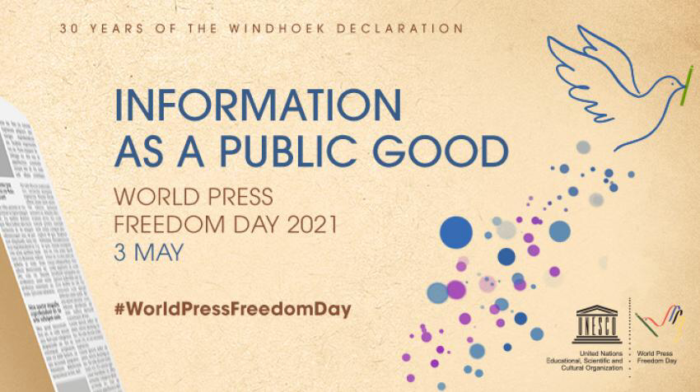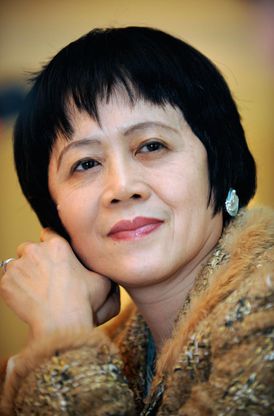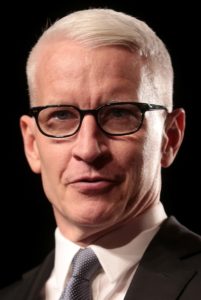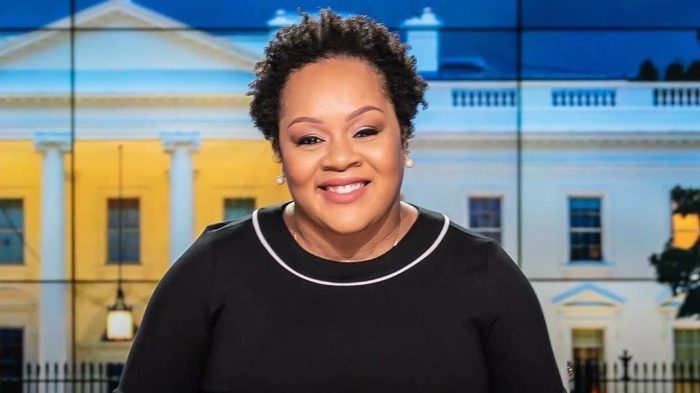By Enlik Tagasheva
In the era of “fake news” and untrue narratives that circulate on Facebook, it is not surprising that critics have recently criticized the media and say that the press is the enemy of the people.
As a first-generation immigrant from a Post-Soviet Country, I have witnessed firsthand what happens when there’s a denial of freedom of the press: it leads to lies. It led my country, Kazakhstan, into an almost 30-year dictatorship. I am not the first immigrant to experience my relatives sending me articles from our home country stating absolutely ridiculous claims that only scare their citizens. Each week, my grandmother sends me a link to another new story about how the COVID-19 vaccine has a microchip in it. What I am trying to illustrate is that denying people their freedom of the press is denying them their liberty. Without accurate information, citizens will make bad choices. The ability of the press to enlighten the people is what tips the balance between democracy and tyrannical oppression.
Freedom of the press provides a foundation for democracy because it allows for accountability. We must also remember that the press is not a separate entity within society, but rather is, or should be, representative of society itself. When citizens can freely express themselves, it opens doors to limitless possibilities by exposing the populace to information and serving as a marketplace for new and unifying ideas. The press, as controversial as it can sometimes be, is recognized for preserving the truth on May 3rd, Freedom of Press Day.
I can only imagine that the “critics” who have said that the press is the enemy of the people are individuals fighting to obstruct the dissemination of information essential to the public’s welfare. Then I must ask, who is the real enemy?
While it may appear to be recent news that critics have been attacking the press and its journalists, this is not unprecedented behavior. Throughout history, some of the most ruthless manipulators of public opinion, such as Lenin, Mao, and Robespierre, have used this same tactic to disparage their opposition. They sought to maintain political power by making it seem as if the opposing group’s ideas were detrimental to a prosperous society while only they (or their own political party) could divine and implement what is beneficial for the shared greater good.
As we celebrate World Press Freedom Day (formally established as such by the United Nation’s General Assembly in 1993), let’s look back at the accomplishments journalists, reporters, and writers have done for the modern-day press.
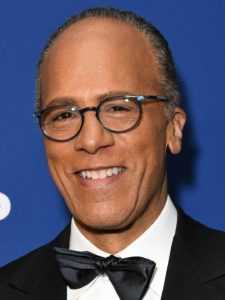 Lester Holt is an American broadcast journalist He was the first Black person to solo anchor a weekday network nightly newscast, working for CBS News for 19 years. Lester Holt has won many honors, one of which includes the Walter Cronkite Award for Excellence in Journalism in 2019.
Lester Holt is an American broadcast journalist He was the first Black person to solo anchor a weekday network nightly newscast, working for CBS News for 19 years. Lester Holt has won many honors, one of which includes the Walter Cronkite Award for Excellence in Journalism in 2019.
Hu Shuli is a Chinese journalist who is currently the editor-in-chief of the media group, Caixin Media in which she founded in 2009. Shuli is considered one of the most respected reporters in such a media-restrained country, listed as the 87th most powerful woman in the world by Forbes in 2011 where within the same year she was listed among the Top 100 Influential People by Time magazine
Anderson Cooper is an American journalist who currently hosts his own news program, Anderson Cooper 360. He has been hosting the show since 2003 after having been an ABC News correspondent in 1995 and then an anchor on CNN a few years later. His show became a prominent news reporting platform during Iraq and Hurricane Katrina. He has won numerous awards including the Bronze Telly Award for his coverage of the Somalian famine.
Yamiche Alcindor is an American journalist who is the White House correspondent for the PBS NewsHour and a political contributor to NBC News and MSNBC. She was a reporter at USA Today and The New York Times. She was nominated for a Shorty Award in the Journalist category.
